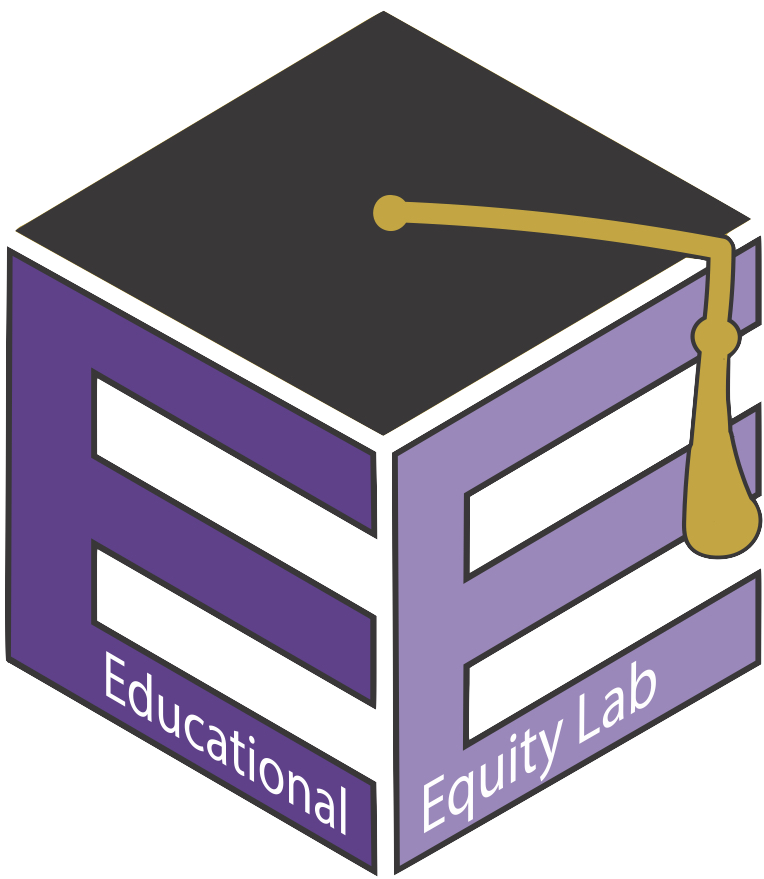In the Educational Equity Lab, we study how students, teachers, and the public think about education, and how understanding these beliefs can help make education more equitable.
Here are some of the topics we are currently investigating.

HOW ECONOMIC INEQUALITY IMPACTS ACADEMIC MOTIVATION AND PERFORMANCE
For students to feel motivated to persist in school, they must perceive their immediate environments as providing support and opportunities for them to achieve academic and post-academic success. In our research, we explore individual and systemic factors that can interfere with these perceptions, especially among students from less advantaged, lower opportunity backgrounds. For example, our work suggests that:
- When people perceive their society as having higher levels of economic inequality, they are less likely to believe that socioeconomic mobility is possible in that society (Browman, Destin, & Miele, 2022, Asian Journal of Social Psychology)
- When students from lower socioeconomic status (SES) backgrounds perceive that their society is less socioeconomically mobile, they feel less motivated to persist when they face academic difficulty, they earn lower grades, and they are less likely to commit to pursuing futures that require a higher level of education (Browman, Destin, Carswell, & Svoboda, 2017, Journal of Experimental Social Psychology; Browman, Svoboda, & Destin, 2022, Self & Identity; Browman, Destin, Kearney, & Levine, 2019, Nature Human Behaviour)
HOW INFLUENTIAL FIGURES’ BELIEFS CONTRIBUTE TO UNEQUAL ACADEMIC OUTCOMES
Our research also examines how influential figures in the academic arena—like educators and voters—can hold beliefs that influence both their treatment of individual students and their support for broader educational policies and practices. For example, our work suggests that:
- Teachers’ beliefs about whether or not intelligence is improvable influences how helpful they are when working with lower-performing students (Miele, Perez, Butler, Browman, O’Dwyer, & McNeish, in preparation)
- People’s beliefs about whether working hard means that a student is motivated or struggling influences how academically capable they believe that student is (Miele, Browman, & Vasilyeva, 2020, Motivation Science)
- Both educators and the public hold mental representations of what a high- versus low-ability student looks like, which can influence how they evaluate students, and the extent to which they provide or withhold educational opportunities from them (Browman & Miele, 2024, Journal of Social Issues)


HOW WE CAN MAKE EDUCATION MORE EQUITABLE
Across all of our work, our overarching goal is to design and promote data-driven interventions and policy changes that target problematic beliefs and practices among students, teachers, and the public, in order to make education more equitable. For example, our work suggests that:
- Highlighting multiple viable school-based paths to future mobility enhances low-SES students’ academic confidence and motivation (Browman, Destin, & Svoboda, 2022, Self & Identity)
- Psychological interventions and data-driven policy changes will be most effective when they begin by considering individual students’ specific psychological and institutional needs (Binning & Browman, 2020, Social Issues and Policy Review)
